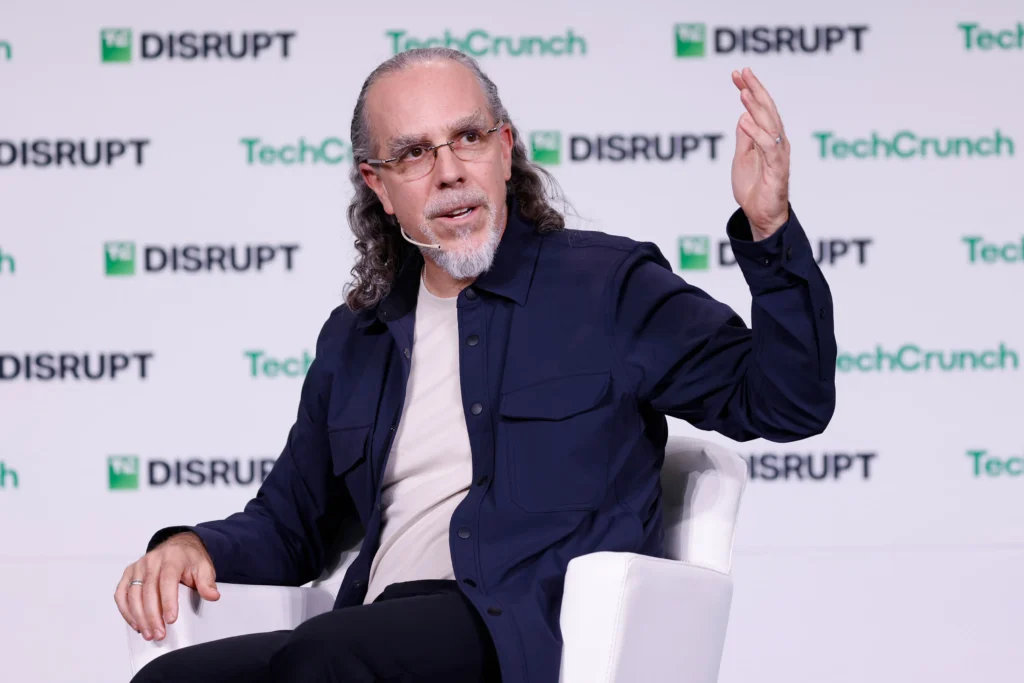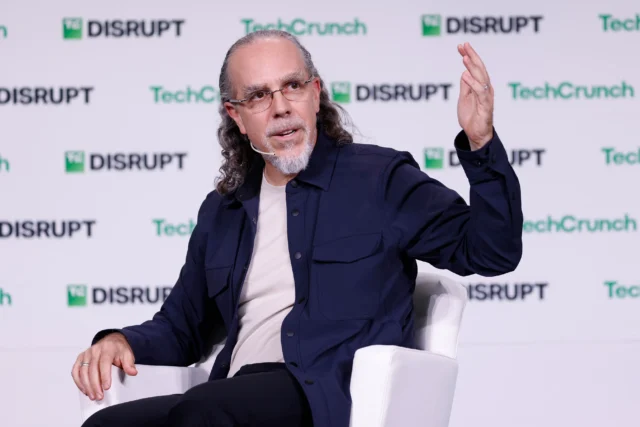In the buzzing tech world, Alphabet Inc. is making a clear pivot. Instead of keeping its bold “moonshot” experiments tucked under the wing of its internal lab, X Development LLC (also called X), Alphabet is increasingly launching these projects as independent companies. The goal is speedier innovation, sharper focus and more external investment backing.
This is a strategic shift: the very projects that once remained shelved or bided time inside X are now getting a clearer route to market—and often a more autonomous path.

Table of Contents
Why the change matters
From the perspective of one sitting in Lagos or Abuja, watching this play out offers interesting lessons about innovation models, corporate structure and scaling risks. Here’s what’s going on:
- Faster time to market. By spinning off a project into its own company, the team isn’t constrained by the parent company’s large-scale bureaucracy. They can act more like a startup. For example, a project inside X needs to move through many internal gates; outside of it, the same team might move faster.
- Attracting external capital. X has backed a dedicated venture fund called Series X Capital, which has raised over US$500 million and is legally obligated to invest in companies spun out of X. Alphabet itself remains a minority investor in this model.
- Motivation and incentives for teams. When engineers, researchers and product teams feel they have a stake in the outcome, they may work differently than when they’re just internal. The spin-out model means the teams get equity, independence, and a clear mission.
- Risk management for Alphabet. By placing risky bets “outside the membrane,” Alphabet can maintain strategic ties without carrying the full operational burden. In their words: some moonshots “move faster and don’t really gain from being inside Alphabet.”

Examples in play
Let’s highlight two real-world instances to bring the theory to life.
- Taara: A project that began inside X using narrow light beams (free-space optical communications) to deliver high-bandwidth internet, especially in hard-to-reach regions. It spun out as its own entity in 2025.
- Heritable Agriculture: A biotech initiative from X, using machine learning to accelerate plant breeding and crop improvement, was also spun out.
These examples show the strategy: from lab-prototype to standalone company, with outside investors and a sharper commercial orientation.
Implications for Africa (and Nigeria)
If you’re reading this in Nigeria—whether you’re in tech, policy, investment or simply curious—the trend that Alphabet is pursuing has several echoes and possible lessons for our context.
- Startup vs. corporate lab model: In Lagos or Abuja, many promising ideas fail not because they lack merit, but because they remain locked inside large institutions without independence. The spin-out path shows how separating the idea, giving it an independent form and funding it outside the main entity may accelerate growth.
- Access to specialised capital: The Series X model shows that when you have a fund dedicated to spin-outs (rather than generic VC), it signals clearly: “Here is innovation, here is dedicated funding, here is scale path.” Nigeria’s ecosystem could benefit from similar vehicles.
- Clear incentives for talent: Many of our brightest minds migrate because internal roles may feel stifled or disconnected from outcomes. When teams own the outcome—equity, stake, mission—they may stay, scale, and succeed locally.
- Strategic partnerships and local relevance: Africa has unique infrastructure challenges—connectivity, agriculture, logistics. Projects like Taara and Heritable Agriculture speak directly to these. A spin-out model may enable Africa-centric moonshots too: high risk, high reward, but grounded in African markets.
- Risk and regulatory realities: While independence brings speed, it also brings responsibility. Regulatory regimes in Africa (telecom, data, and agriculture) vary. A spin-out company may need to engage smoothly with the government, partners and local stakeholders. The model doesn’t remove those challenges—it changes the shape of them.

Conclusion
What Alphabet is doing by increasingly launching moonshot projects as independent companies is more than a corporate restructure—it’s a re-thinking of how big ideas become real businesses. It recognises that invention is one thing, commercialisation is another; the path from prototype to product often demands a different structure, different incentives, and a different form.
For a country like Nigeria, where innovation thrives but scaling often stumbles, the lessons are rich: give teams autonomy, clear funding, dedicated paths to market, and the skin-in-the-game that drives urgency. Watching how giants like Alphabet restructure may help us craft local models that fit our unique markets rather than copy wholesale.
Big companies can no longer simply incubate moonshots internally and hope they eventually grow. By giving them independence, capital, incentive and urgency, Alphabet aims to convert ideas into impact. The success of this model may well inform how future African innovation ecosystems structure themselves.
Join Our Social Media Channels:
WhatsApp: NaijaEyes
Facebook: NaijaEyes
Twitter: NaijaEyes
Instagram: NaijaEyes
TikTok: NaijaEyes





